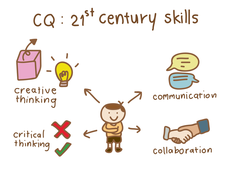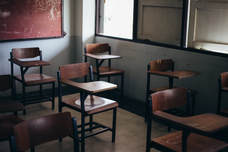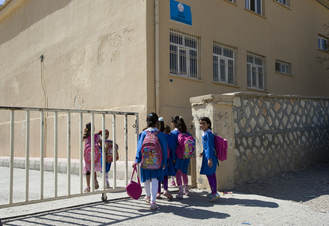areas > EDUCATION

Closing the Gender Achievement Gap in STEM:
Testing a Culturally Adapted Version of a Brief Intervention In the case of a gender-equality intervention, cultural norms and values related to gender practices are all likely to influence acceptability, adaptability, and effectiveness of evidence-based interventions. Using randomized controlled trials, we test how an adapted version of a brief social psychological intervention can decrease gender achievement gap in STEM fields. More... 
Building 21st Century Skills:
IEL to evaluate intervention to promote creativity in children Creative thinking has been identified and highlighted as an essential twenty first century skill. IEL, using cognitive tasks and measurement, serves as an independent evaluator of an intervention (funded by İŞGYO) to boost creativity in 8-12 years old children from disadvantaged neighborhoods and aims to contribute to the dissemination of an evidence-based intervention with an improved version. More... 
What Fosters Inequality in Learning Environments? Implications of Between-School Tracking
While performance and socio-economic status differences between Turkish schools and students are well established, less is known about how Turkish schools differ on further student body and school characteristics essential for students’ learning. In collaboration with Child and Family Studies Laboratory, taking a school-centered approach and using the PISA data, we investigate differences between Turkey’s low performing vocational, low-performing academic, and high-performing academic schools with regard to family background, students’ motivational and behavioral engagement, and schools’ learning environments. Manuscript under review... Motivation and Math Achievement in Turkish Students: Are They Linked with Socio-Economic Status?
In Turkey, achievement gaps between schools, students, and socio-economic status (SES) groups are large. In the literature, achievement disparities are often explained with differences in students’ motivational beliefs. In collaboration with Child and Family Studies Laboratory, we investigate how family SES and school performance level relate to students’ motivational beliefs and achievement in math for 15-year-old Turkish students. PISA 2012 data was used to compare motivational beliefs of Turkish students across SES groups and the OECD average, as well as to test a path model predicting students’ math achievement. Manuscript under review... |


